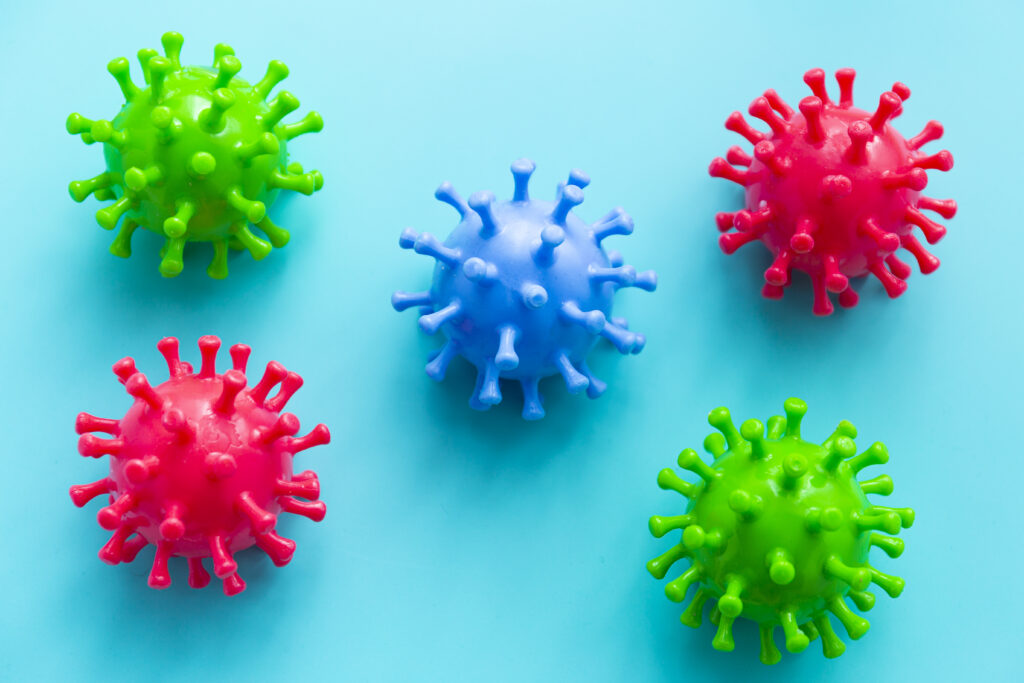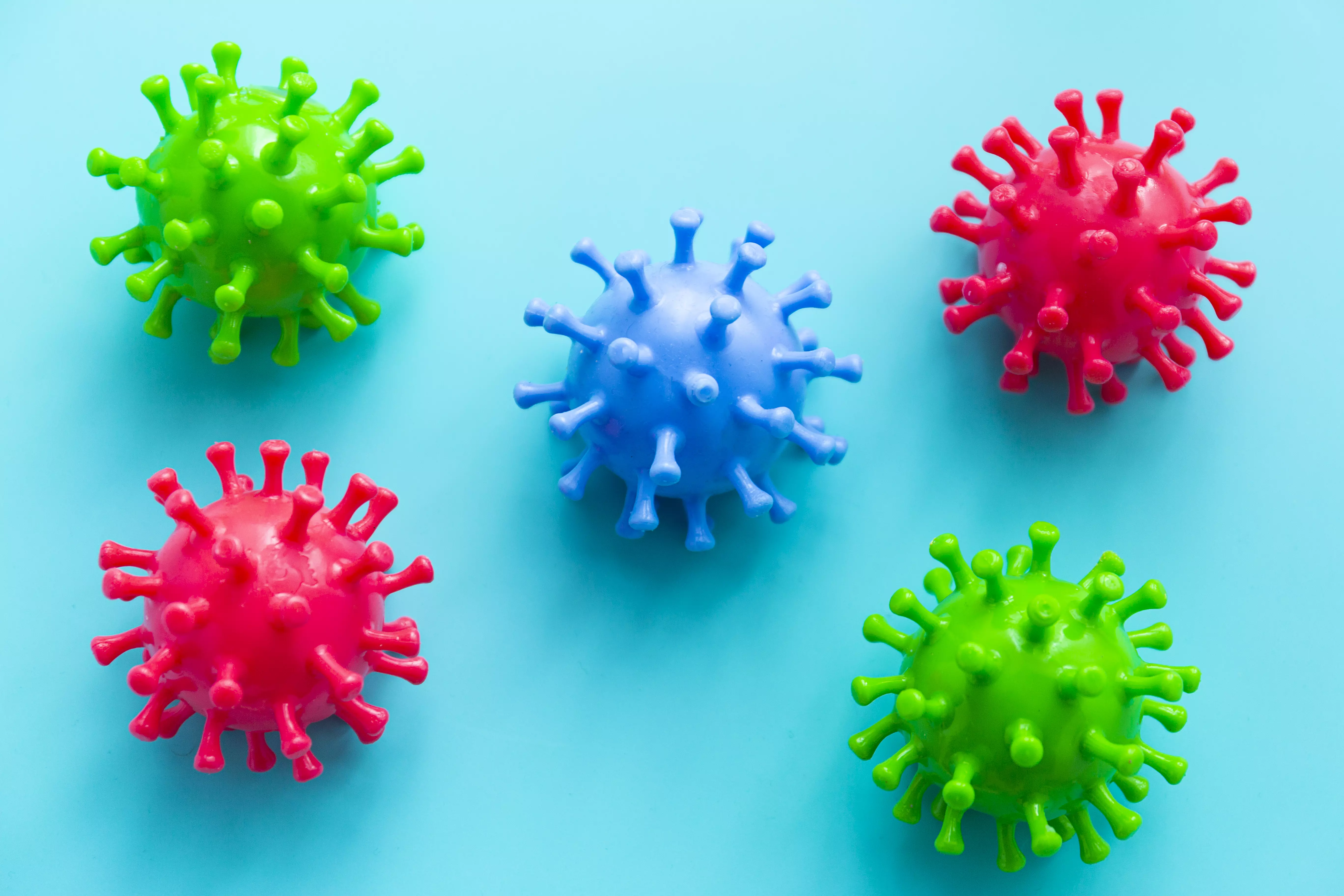The news about COVID-19 changes daily, and as adults, we can pick and choose and then regulate our emotions. Anxious children, however, have often not yet developed such self-regulation skills. They rely on others to tell them news about recent events.
I have heard from parents that their child came home with wild fantasy stories about COVID-19, often told by other children. Some parents have shared that such misinformation completely confused their children. The best way for your child is to hear relevant and research-based news about COVID-19 from one source: you.
The way parents talk to kids can significantly impact how children respond. So when it comes to anxiety, there are a few simple rules to follow. These rules are part of the anxiety management program called SPACE (Supportive Parenting of Anxious Childhood Emotions). They can be implemented without going through the whole SPACE program.
Stay calm. When talking to kids – even when the news is bad – try to keep a calm tone, soft volume, and rhythm (or speed) that is just a bit slower than usual. It is not the words we communicate that result in how your child will respond. It is often how you say them that will impact your child’s behaviour.

Managing Anxious Feelings
Manage your own anxiety or stress. Perhaps the news is making you feel anxious or stressed. Remember, these are natural behaviours for anyone. Kids are masters in reading nonverbal communication. They can easily pick up on your stress levels, even before saying a word. For example, when your eyes are wide, and you are breathing heavily while waving your arms, what message might you be sending to your child? When you feel stressed or anxious yourself, take a break first to self-regulate. Then you are in a much better position to stay calm while talking to your child.
Research-based news. Your child cannot differentiate between what is misinformation or reliable information. The truth is: children trust you and will believe what you tell them. Sharing misinformation might come back to parents and children when a sudden change in strategy is needed. Sharing research-based information in an easy-to-understand manner is not only the right thing to do, it also prevents your body from having to pause and hum when you get stuck in explaining something you do not understand yourself.
Write it down. If you have difficulties talking to your child about COVID-19, write the information down in short sentences and then read it to your child instead. The advantage here is that you can prepare the best possible message to give to your child, as you can revise your sentences as you are drafting them.
Use supportive statements. When your child is anxious, use a supportive statement instead of dismissing their anxiety. These kinds of statements communicate how you trust your child’s ability to get through difficulties. An example of a supportive statement is, “It is hard to always have to wear a mask. I get it! But I have confidence in you that you can continue to wear a mask to try to stay healthy. Together we will get through this.”
Compare the above supportive statement to the following directive, “I want you to wear a mask at all times, and you have to follow through.” The last statement is not supportive, it sounds more like your child does not have a choice. Another example of a directive might be, “Don’t take your mask off until I see you when you get home.” This message might confuse children when it is time to eat a snack.
Do an activity. Help your child regulate anxiety or stress by playing a game with them. Playing games can be a welcoming distraction. In addition, you can do a physical activity with your child to get the body and mind get in sync.








